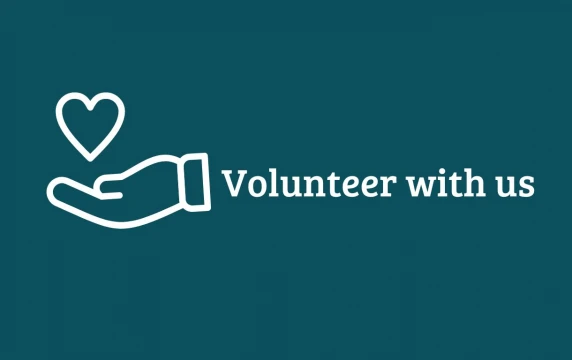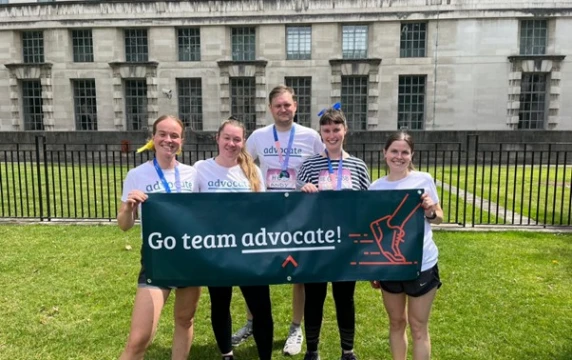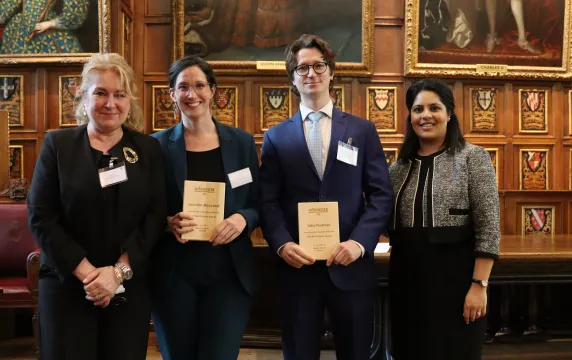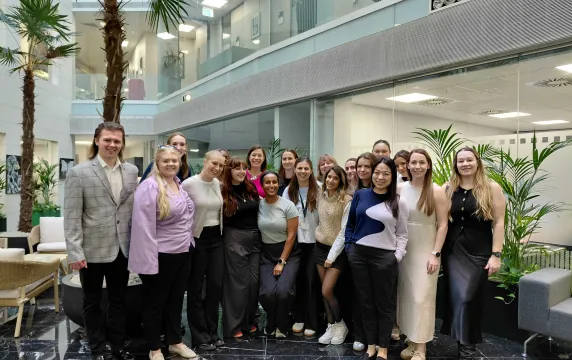“The ELAAS scheme offers representation to litigants in person in the Employment Appeal Tribunal (EAT) at the oral permission stage – what is known in the employment law jargon as a 'rule 3(10) hearing'. The client’s application for permission to appeal will already have been declined on the papers, on the basis that it raises no arguable point of law, and your job as the advocate at the hearing is to persuade the EAT that there is an arguable point worthy of an appeal.
You tend to get the papers a few days in advance. It is usually obvious why they have been refused permission, and my typical reaction when first faced with a new case is to think that it is hopeless. But you have to get beyond that sinking feeling and search out the good point. That’s the challenge. Sometimes you have to start from scratch to find a point that the client hasn’t thought of. But the more common scenario is that the client has identified a good point, indeed often they will have done an extraordinary job of getting on top of complicated issues, but they just haven’t refined the point properly, or they may have buried it among a mass of weaker points.
My own approach, once I’ve identified the good points, is to discuss with the client how best to present the case. Sometimes, they persuade me that grounds which I thought should be dropped are better than I had realised. Frequently, I persuade them that it would be best to drop and/or reformulate their grounds, and I often prepare a replacement Grounds of Appeal document to put before the EAT. I always find this a somewhat nerve-wracking stage: to win these cases you do tend to have to recast them somewhat, but of course that brings with it quite a responsibility. I often warn clients that, if they do choose to use me for the hearing, if we end up losing then they may regret letting me change their case.
But in fact, I do not tend to lose these cases. I don't intend that to sound like a boast but what it shows is that the ELAAS scheme really is an opportunity for barristers to make a difference. To a certain extent your impact is measurable, because you start with a case which a judge has already decided is unarguable, and your job is to turn it into something arguable. Over the last couple of years ELAAS clients have asked me to represent them in 11 permission hearings, and I obtained permission in nine of them. You can even track it forwards a bit further, because once I’ve got permission, I tend to refer the case on to Advocate, who can authorise representation at the substantive appeal, and I then volunteer to act in that hearing. Of the nine cases just mentioned, six of the substantive appeals have already concluded, and I won four and lost two. That is not a bad record for taking cases from ‘unarguable’ to ‘won’.
The time commitment is variable. Some ELAAS cases can be prepared in a few hours. But getting on top of the papers and searching for good points can be time-consuming, and at the other extreme I had one case raising complex issues relating to some police misconduct regulations which took a few days to prepare. So you can put in a lot of hours and then find that all you get out of it is a short and unsuccessful permission hearing, or even (in rare cases) that you and the client cannot agree on which if any properly arguable points to pursue, in which case you might not act for them after all. But if you do enough of these cases, it is a great opportunity to build up experience of appellate work. I even had one case that started as an ELAAS case which I took as far as the Court of Appeal, and which is now a leading authority on the meaning of a ‘provision, criterion or practice’ (in light of my earlier boast, I should confess: I lost).
I do quite a wide range of pro bono work. Most of it I do to make a difference to a person who cannot afford representation. Occasionally I have a more glamorous case where you get to make interesting submissions on the law. ELAAS cases strike a good balance. There is a huge demand for pro bono employment representation, and ELAAS is a great way of making a real difference while also sharpening your appellate advocacy skills.”







